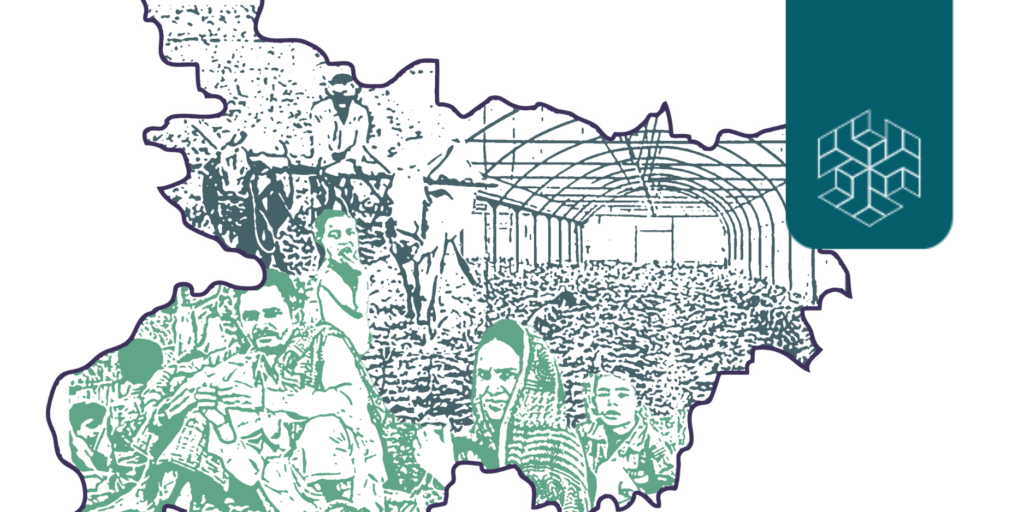Authored by : SPRF Research Team
EXECUTIVE SUMMARY
Ayushman Bharat Yojana is the latest health insurance scheme funded by the Government of India. This scheme has been designed to be more comprehensive in terms of the beneficiaries covered and services delivered, especially compared with past schemes such as Rashtriya Swasthya Bima Yojana. In fact, Ayushman Bharat Yojana subsumed the already existing Rashtriya Swasthya Bima Yojana, apart from borrowing its basic design. However, no past healthcare financing scheme in India has succeeded in covering all eligible beneficiaries or reducing catastrophic financial expenditure for the people.
This report does not simply aim to inform the readers of the features of ABY that sets it apart from its predecessors. It also delves into the reasons behind why the poorest segment of our population has been unable to avail even the most basic health services. It further provides historical context to the origins of Universal Health Care, including the World Bank’s structural adjustment reforms and India’s efforts to focus on the health of its population. The concepts of Adverse Selection, Moral Hazard, Risk Pooling, Information Asymmetry and Agency Relationship, and Epidemiological Transition Theory would further lend a better grasp on the fundamental issues of health financing, in order to understand the relevance of this new scheme for the nation.
INTRODUCTION
“Of all forms of inequality, injustice in health care is the most shocking and inhumane.” – Martin Luther King, Jr
This paper seeks to undertake an exploration into the Ayushman Bharat Yojana (ABY), which is the latest government-funded health care financing scheme to provide comprehensive healthcare to the poorest segment of India’s population. India’s poor face major structural barriers that prevent them from accessing and utilising even the most basic health services, let alone any specialised health cover (Forbes India; Ensor and Cooper 2004: 70-73).
To provide readers with the necessary context required for a non-partisan discussion surrounding ABY, this report begins with an exploration of the historical perspective surrounding healthcare, along with certain fundamental concepts. This will lend insight into the rationale, design, and context behind the Ayushman Bharat Yojana (ABY), leading to a careful examination of its merits and demerits, as well as the likelihood of its success in the long run.
Beginning with an outline of what Universal Health Care entails, this paper will draw attention to the differing perspectives regarding free healthcare. This will include a brief summary of key global events, including Structural Adjustment Reforms by the IMF and World Bank, which shaped the dominant system of public health and healthcare seen presently in India. This report will further look at the five fundamental concepts (Adverse Selection, Moral Hazard, Risk Pooling, Information Asymmetry and Agency Relationship) central to the functioning of any health financing/insurance scheme, which would contribute significantly towards the success or failure of ABY.



